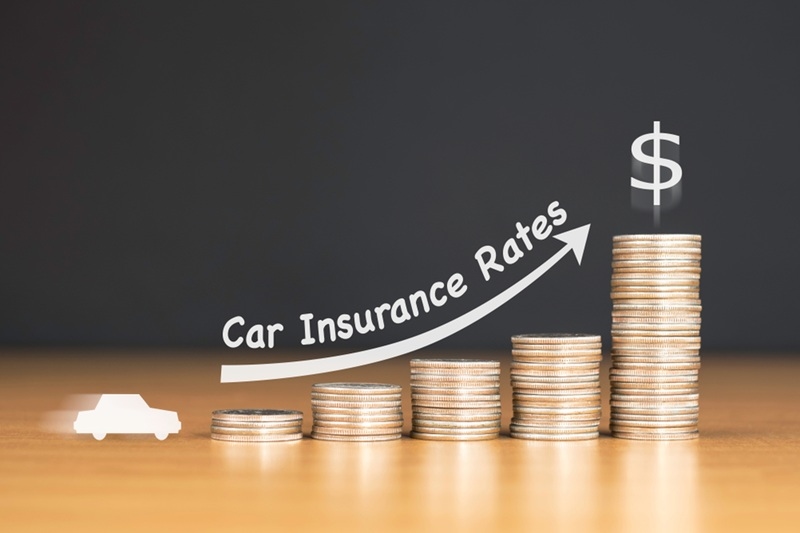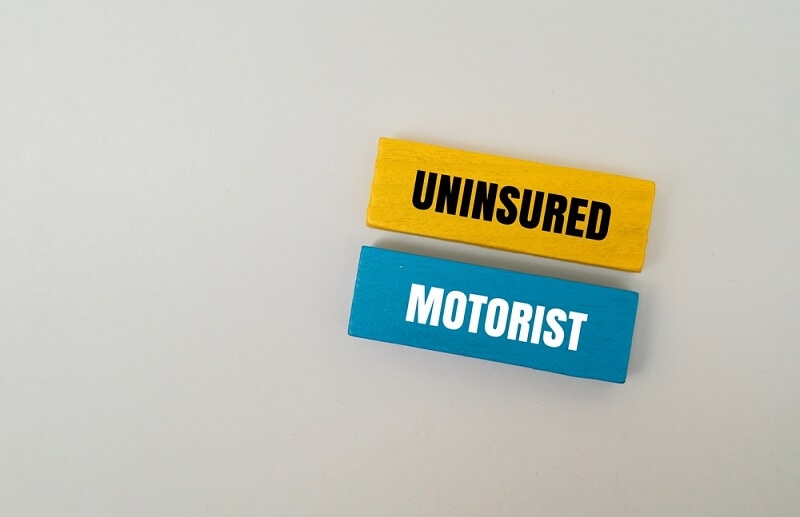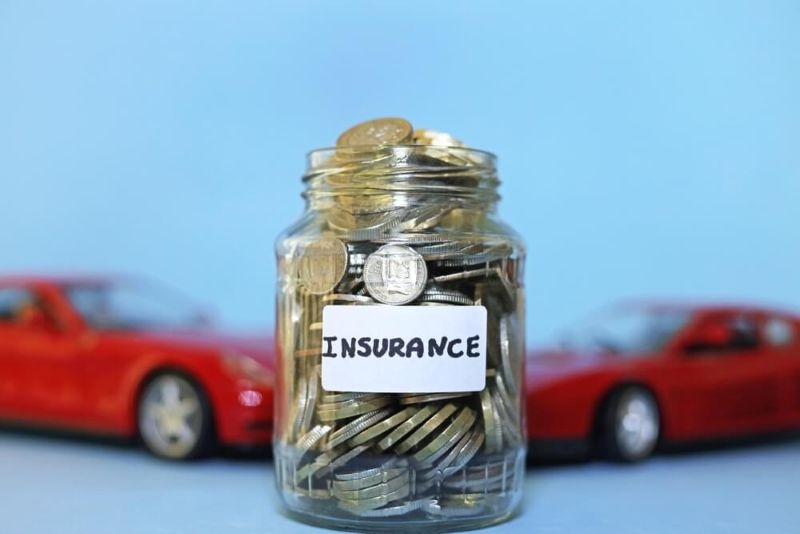Understanding Auto Liability Insurance: Coverage Essentials
Understanding Auto Liability Insurance: Coverage Essentials


Automobile liability insurance is a crucial component of any auto insurance policy, providing coverage for damages and injuries caused by the policyholder in an automobile accident. Understanding the different aspects of liability coverage, including what it covers, what it doesn't cover, and how much coverage is needed, is essential for every driver. In this guide, we'll explore these aspects in detail to help you make informed decisions about your auto insurance coverage.
Understanding Liability Coverage
Liability coverage is a fundamental aspect of auto insurance that protects you from financial loss if you are found legally responsible for injuring someone else or damaging their property in a car accident. It is mandatory in most states, and the coverage typically includes two main components:
Bodily Injury Liability: This coverage pays for the medical expenses, lost wages, and other damages of individuals injured in an accident for which you are at fault. It also covers legal fees if you are sued.
Property Damage Liability: This coverage pays for the repair or replacement of property that you damage in an accident, such as vehicles, buildings, or other structures.
Liability coverage does not cover your injuries or damage to your vehicle. For that, you would need additional coverage, such as personal injury protection (PIP) or collision coverage. The limits of liability coverage are typically expressed as three numbers, such as 25/50/25. In this example, the coverage would pay up to $25,000 per person for bodily injury, $50,000 total for bodily injury per accident, and $25,000 for property damage per accident. It's important to choose liability coverage limits that adequately protect you in case of an accident.
Coverage of Auto Liability Insurance
Auto liability insurance is a crucial component of any auto insurance policy, providing coverage for damages and injuries caused by the policyholder in an automobile accident. Understanding the different aspects of liability coverage, including what it covers, is essential for every driver. Here's what auto liability insurance typically includes:
Bodily Injury Liability
This coverage pays for the medical expenses, lost wages, and other damages for people injured in an accident for which you are at fault. It also covers legal expenses if you are sued for the accident. Bodily injury liability coverage is crucial, as medical expenses can be substantial in the event of a serious accident. This coverage helps protect your assets from being used to pay for these expenses out of pocket.
Property Damage Liability
This coverage pays for damage to other people's property, such as vehicles, buildings, or other structures, caused by an accident for which you are at fault. Property damage liability coverage can help cover the cost of repairing or replacing the damaged property, helping you avoid paying these expenses out of pocket.
Legal Defense Costs
In addition to paying for damages and injuries, liability insurance also covers legal defense costs if you are sued as a result of an accident. This can include attorney fees, court costs, and other legal expenses associated with defending yourself in court.
Coverage Limits
Liability insurance policies have coverage limits, which are the maximum amounts the insurance company will pay for damages and injuries. These limits are typically expressed as three numbers, such as 25/50/25. In this example, the coverage would pay up to $25,000 per person for bodily injury, $50,000 total for bodily injury per accident, and $25,000 for property damage per accident. It's important to choose liability coverage limits that adequately protect you in case of an accident.
Understanding what auto liability insurance includes can help you make informed decisions about your auto insurance coverage and ensure that you have adequate protection in place in case of an accident.
What Doesn't Liability Insurance Cover in the Event of a Car Accident?

While liability coverage is essential for protecting you from financial loss in the event of an auto accident, there are certain things that it does not cover. Firstly, liability coverage does not cover your injuries or damage to your vehicle. For that, you would need additional coverage, such as personal injury protection (PIP) or collision coverage.
Secondly, liability coverage does not cover intentional acts or criminal activities. If you cause an accident intentionally or while committing a crime, your liability coverage may not apply. Additionally, liability coverage typically does not cover damages to your vehicle if it is parked and hit by another vehicle unless the driver who hit your vehicle is identified and found to be at fault.
Finally, liability coverage may not cover damages or injuries that occur while you are using your vehicle for business purposes. If you use your vehicle for work, you may need additional commercial auto insurance to ensure you are fully protected. Understanding what liability coverage does not cover is just as important as understanding what it does cover. By knowing the limitations of your coverage, you can make informed decisions about additional coverage you may need to protect yourself and your assets in case of an accident.
Cost of Liability Coverage
The cost of liability coverage varies depending on several factors, including your age, driving record, location, and the amount of coverage you purchase. On average, liability coverage can cost anywhere from $500 to $1,500 per year.
Factors that can affect the cost of liability coverage include your age, as younger drivers are typically charged higher premiums due to their lack of driving experience. Your driving record also plays a significant role, as drivers with a history of accidents or traffic violations may face higher premiums.
Additionally, where you live can impact the cost of liability coverage, as insurance rates vary by location. The amount of coverage you purchase also affects the cost, with higher coverage limits typically resulting in higher premiums.
To get an accurate idea of how much liability coverage will cost for your specific situation, it's best to request quotes from multiple insurance companies and compare rates.
Is Liability Insurance Necessary?
Yes, you need liability insurance if you own and drive a vehicle. Liability insurance is mandatory in most states, and driving without it can result in hefty fines, license suspension, and even legal action. Liability insurance protects you from financial loss if you are found legally responsible for injuring someone else or damaging their property in a car accident. Without liability insurance, you would be personally responsible for paying for any damages or injuries you cause, which can be financially devastating.
Even if liability insurance was not required by law, it is still a wise investment. The cost of medical bills, legal fees, and property damage resulting from an accident can add up quickly, and liability insurance helps protect you from these expenses. In addition to protecting your finances, liability insurance also provides peace of mind, knowing that you have coverage in place in case of an accident. While no one plans to get into an accident, having liability insurance ensures that you are prepared for the unexpected.
Amount of Liability Coverage Needed
Determining how much liability coverage you need depends on several factors, including your assets, income, and the potential costs of a lawsuit. It is generally recommended to have enough liability coverage to protect your assets in case of a serious accident. Consider the total value of your assets, including your home, savings, and investments. This will give you an idea of how much coverage you need to protect these assets in case you are sued for damages exceeding your policy limits.
You should also consider your income and future earning potential. A lawsuit could result in a court judgment that exceeds your insurance coverage, leading to wage garnishment or other financial consequences. Additionally, consider the potential costs of a lawsuit, including medical expenses, legal fees, and damages. In general, it is a good idea to have liability coverage limits that are at least equal to the total value of your assets. Consult with an insurance agent to determine the right amount of liability coverage for your specific situation. They can help you assess your risks and choose a policy that provides adequate protection.
You may also like to read: Understanding the Basics: Car Insurance for Hybrid Vehicles
Conclusion
In conclusion, automobile liability insurance is a crucial component of any auto insurance policy, providing coverage for damages and injuries caused by the policyholder in an automobile accident. Understanding the different aspects of liability coverage, including what it covers, what it doesn't cover, and how much coverage is needed, is essential for every driver. By having adequate liability coverage, you can protect yourself and others from financial loss in the event of an accident.
This content was created by AI



